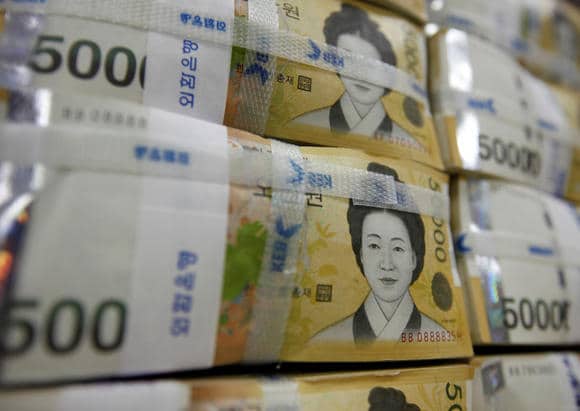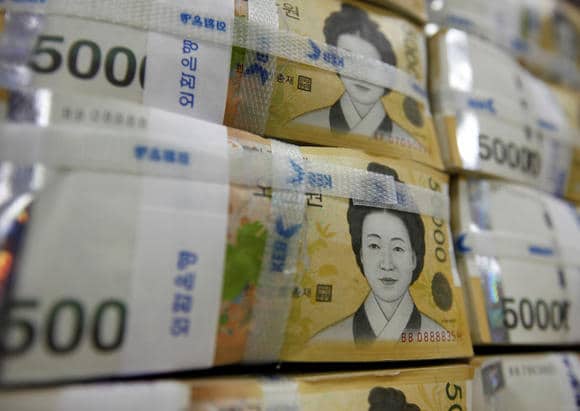The South Korean government is preparing to move to a cashless society as the Bank of Korea plans to phase out all coinage by 2020. Apparently not all governments are proceeding as quickly as the Indian government. South Korea’s government hopes to get its citizenry to deposit their coinage onto electronic travel passes that are widely accepted throughout the country. The Bank of Korea will undoubtedly watch to see how smoothly the phaseout of coinage proceeds in order to set a deadline further in the future for the eventual phaseout of paper notes. Since only 20 percent of South Korea’s purchases use cash, the phaseout will likely be less severe than it would be in countries more dependent on cash, such as Germany, India, or the United States. Still, even though there are advantages in certain situations to using non-cash means of payment, an all-electronic payments system is fraught with danger.
The BOK’s decision shows us that the war on cash is a worldwide phenomenon that governments are undertaking under a variety of different pretenses. This particular decision demonstrates the roadmap that will most likely be used by most governments: gradual phaseouts of coinage, followed in the future by eventual phaseouts of paper notes. Unless this creeping gradualism is able to be stopped, the war on cash may result in victory for governments and defeat for consumers and their financial privacy.
Reprinted with permission from the Carl Menger Center.



